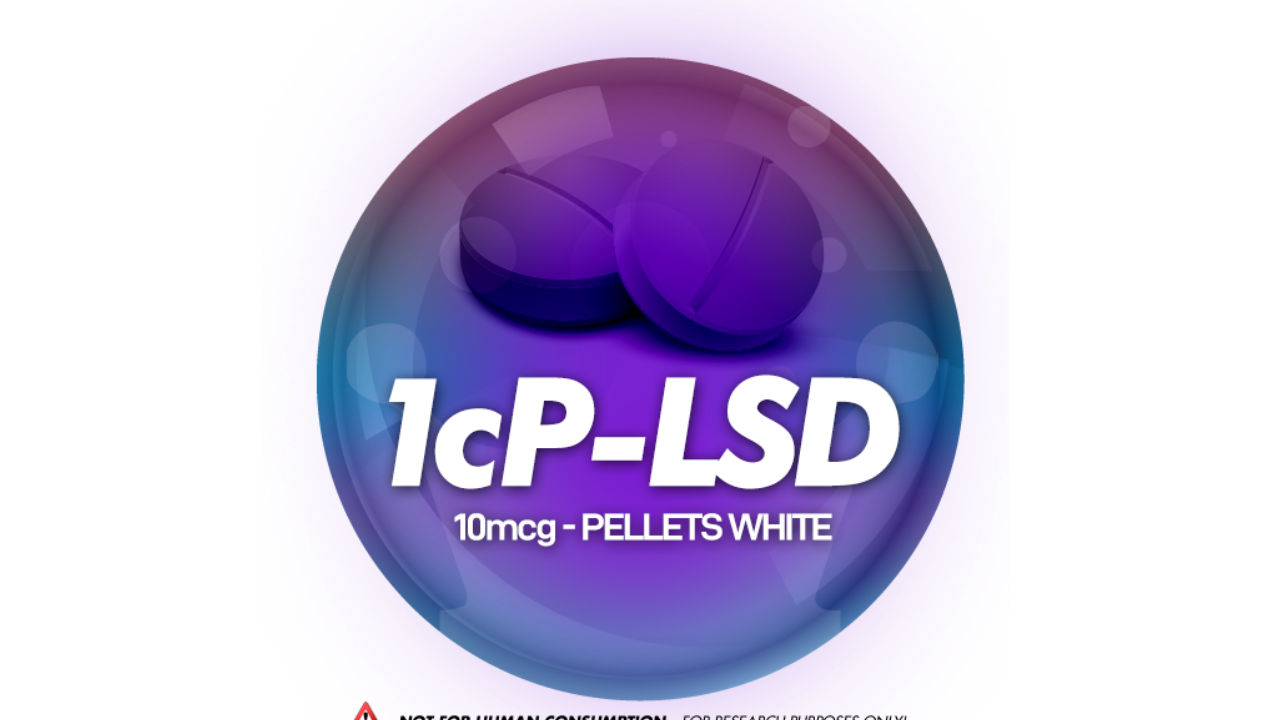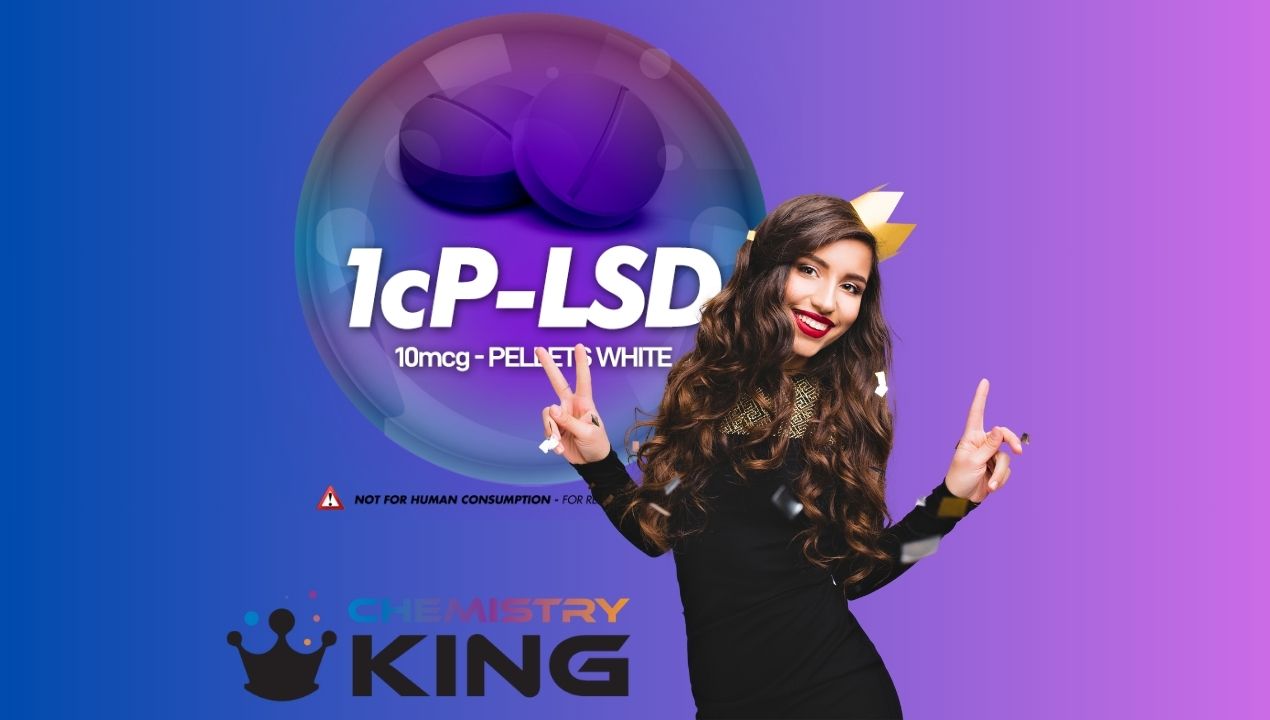What is 1cP-LSD
Premium research chemicals, lowest prices guaranteed
Exploring 1cP-LSD: A Deep Dive into the Research Chemical Shaking Up the Psychedelic Scene

What is 1cP-LSD?
1cP-LSD, or 1-cyclopropionyl-d-lysergic acid diethylamide, is a synthetic psychedelic substance that belongs to the lysergamide family. Chemically, it’s closely related to LSD (Lysergic acid diethylamide) and is often described as a prodrug of LSD. A prodrug means that once ingested, 1cP-LSD is metabolized by the body into LSD, making its effects nearly indistinguishable from the latter.
It was first introduced to the research chemical market around 2019 and quickly gained popularity as a legal alternative to LSD in regions where LSD is controlled. While the chemical structure of 1cP-LSD differs slightly from that of LSD, the two share many of the same effects, including altered perceptions of reality, changes in mood, and intense introspection.
The Chemistry Behind 1cP-LSD
The key difference between 1cP-LSD and traditional LSD lies in its chemical structure. Specifically, 1cP-LSD has a cyclopropionyl group attached to the nitrogen atom of the indole ring. This small modification is what makes it a distinct compound, but it doesn’t drastically change its effects because, as mentioned earlier, 1cP-LSD is metabolized into LSD once in the body.
This structural tweak is what allows 1cP-LSD to exist in a legal gray area in many countries. Its unique chemical makeup technically makes it a new compound, so it’s not covered under many national LSD bans. This has made it an attractive subject for scientific research in places where more traditional psychedelics are restricted.

We sell our products exclusively to customers aged 18 and over, strictly for research purposes only.

The Effects of 1cP-LSD: What Can Researchers Expect?
For researchers familiar with LSD, the effects of 1cP-LSD will feel quite familiar. The substance induces a psychedelic experience that can last anywhere from 6 to 10 hours, depending on the dosage and individual metabolism. Users often report a variety of effects, including:
- Enhanced sensory perception: Colors may seem more vibrant, music can take on new emotional depths, and the environment can feel more connected and immersive.
- Altered sense of time: Time can feel distorted, with minutes stretching into what feels like hours, or hours passing in the blink of an eye.
- Deep introspection: Many users report profound thoughts, often centered around personal growth, emotions, or philosophical concepts.
- Visual hallucinations: Patterns, fractals, and flowing movements in the visual field are common, especially when closing the eyes.
In smaller doses, 1cP-LSD can offer more subtle effects, such as enhanced creativity, improved mood, and increased focus—traits that some researchers believe could have therapeutic potential.
How is 1cP-LSD Used in Research?
1cP-LSD, like many research chemicals, is sold strictly for scientific purposes. Researchers and scientists use the substance to study its effects on the human brain, particularly how it interacts with serotonin receptors. Psychedelics like 1cP-LSD have a strong affinity for the 5-HT2A receptor, which is believed to be responsible for the profound psychological and perceptual effects of these compounds.
Given the resurgence of interest in psychedelic research, 1cP-LSD is being studied for its potential therapeutic benefits. Early research on psychedelics like LSD and psilocybin (magic mushrooms) has shown promise in treating conditions like depression, anxiety, and PTSD. As 1cP-LSD is metabolized into LSD, it offers researchers an exciting tool to further explore these possibilities.
Legal Status: A Psychedelic in the Gray Zone
One of the reasons 1cP-LSD has gained so much attention is its legal status. In many countries, LSD is a controlled substance, making it difficult for researchers to obtain and study. However, 1cP-LSD exists in a legal gray area. Because it’s a new compound, it’s not explicitly listed as illegal in many places, allowing researchers to acquire and study it with fewer restrictions.
However, the legal landscape is constantly changing, and as research chemicals gain popularity, lawmakers often move to regulate them. Researchers interested in studying 1cP-LSD should always stay informed about their country’s specific regulations to ensure compliance.

Comparing 1cP-LSD and LSD: How Similar Are They?
For all intents and purposes, 1cP-LSD is nearly identical to LSD in terms of effects. Both substances produce powerful psychedelic experiences, with users reporting altered perceptions, intense emotions, and deep insights. However, some researchers and users have noted subtle differences between the two compounds.
One of the most commonly reported distinctions is the onset of effects. Many users say that 1cP-LSD takes slightly longer to start working than LSD, with effects beginning to manifest around 60-90 minutes after ingestion, compared to the 30-60 minutes often reported with LSD. However, once the effects kick in, they’re said to be almost indistinguishable from those of LSD.
Another potential difference is in the intensity of the experience. Some users report that 1cP-LSD produces a slightly milder or more manageable trip compared to LSD, though this could vary depending on the individual and dosage.
Safety and Precautions in Research
As with any psychedelic substance, 1cP-LSD should be handled with care in research settings. While there’s no evidence to suggest that it’s physically dangerous, psychedelics can profoundly affect the mind, and researchers should be mindful of set (mental state) and setting (environment) when conducting studies.
Like LSD, 1cP-LSD is non-addictive and doesn’t cause any physical harm in reasonable doses. However, its powerful psychological effects can lead to overwhelming experiences if not approached with caution. Ensuring a safe and controlled environment is essential for minimizing the risk of a “bad trip” or anxiety.

The Future of 1cP-LSD in Research
As psychedelic research continues to grow, compounds like 1cP-LSD are likely to play a pivotal role. With its legal status still unregulated in many regions, it offers a valuable opportunity for scientists to study the effects of psychedelics in a way that might not be possible with traditional LSD. Whether investigating its therapeutic potential or its basic effects on the human mind, 1cP-LSD is poised to remain a significant player in the world of research chemicals.
Final Thoughts
1cP-LSD is a fascinating compound that’s captured the attention of researchers and psychonauts alike. Its close relationship to LSD, combined with its legal status in many places, makes it an exciting subject of study. As with all research chemicals, it’s essential to approach 1cP-LSD with caution, ensuring that it’s used responsibly and for legitimate scientific purposes.
FAQ and How We Can Help
Frequently Asked Questions answered here; don’t hesitate to ask more!
Chemistry King offers 1cP-LSD in various forms, such as capsules, powders, and sprays, tailored to the needs of scientific researchers. Every form undergoes the same rigorous testing process to guarantee purity.
Yes! Chemistry King provides tracking information for all orders, so you can follow your package’s journey. Whether you’re ordering 1cP-LSD or another research chemical, you’ll be kept in the loop every step of the way.
When working with 1cP-LSD, it’s important to approach it with care. Researchers should ensure a controlled environment and follow proper safety protocols to ensure the best possible outcomes in their studies.


